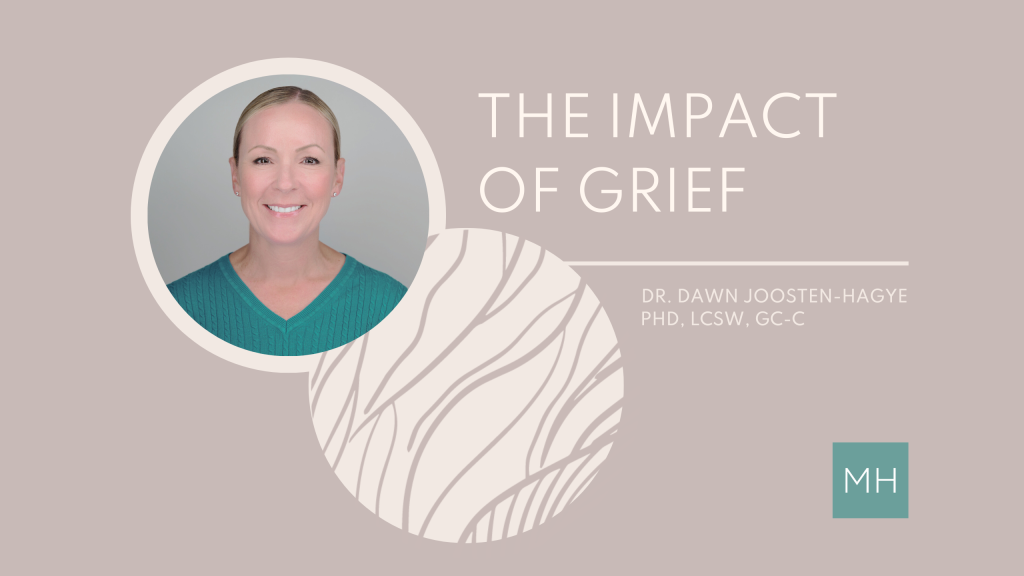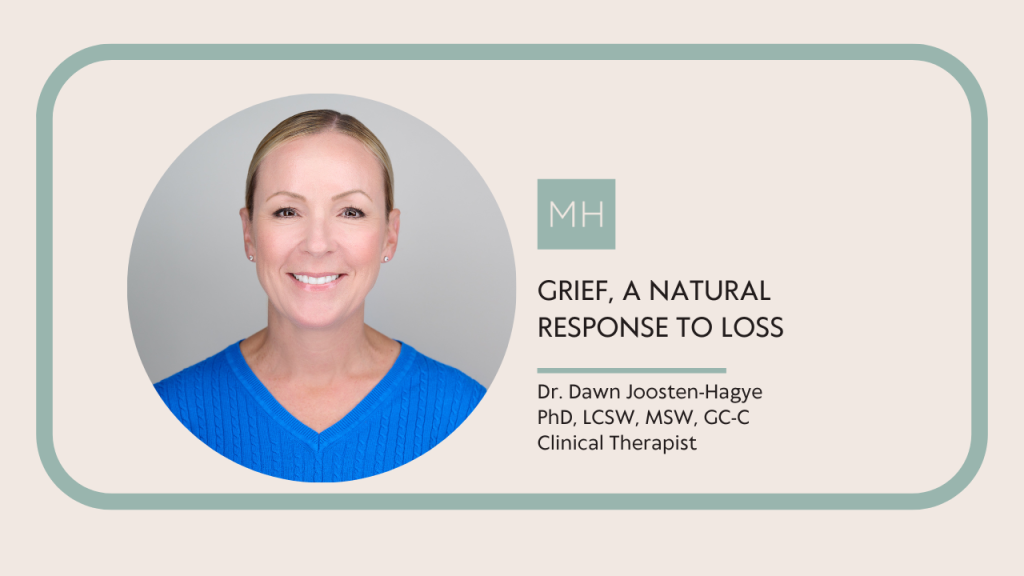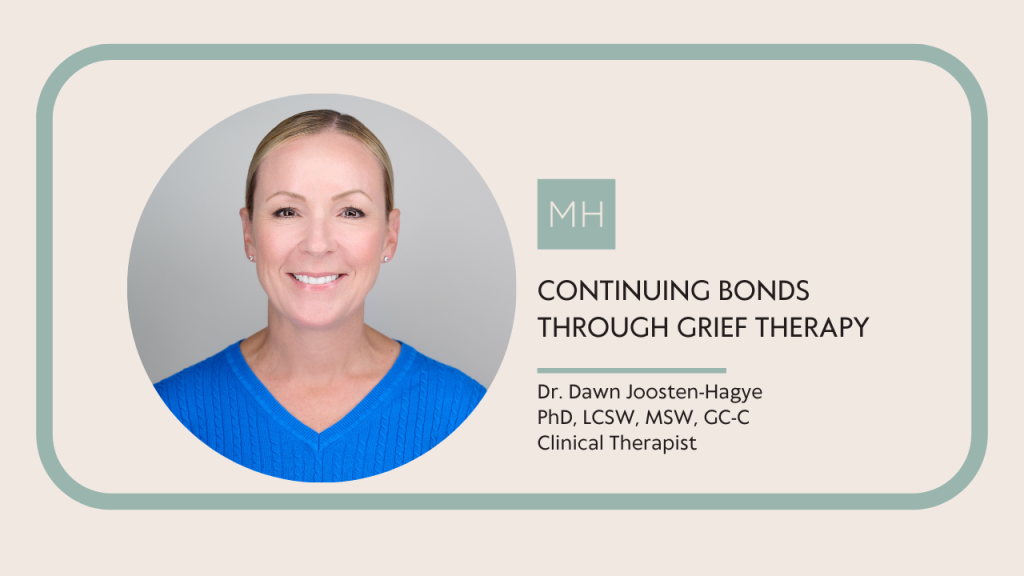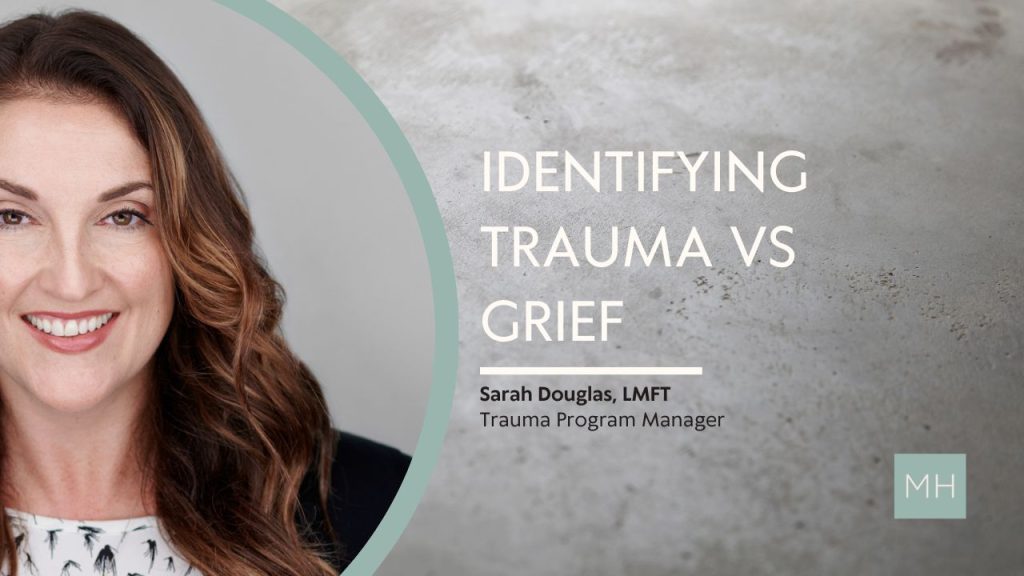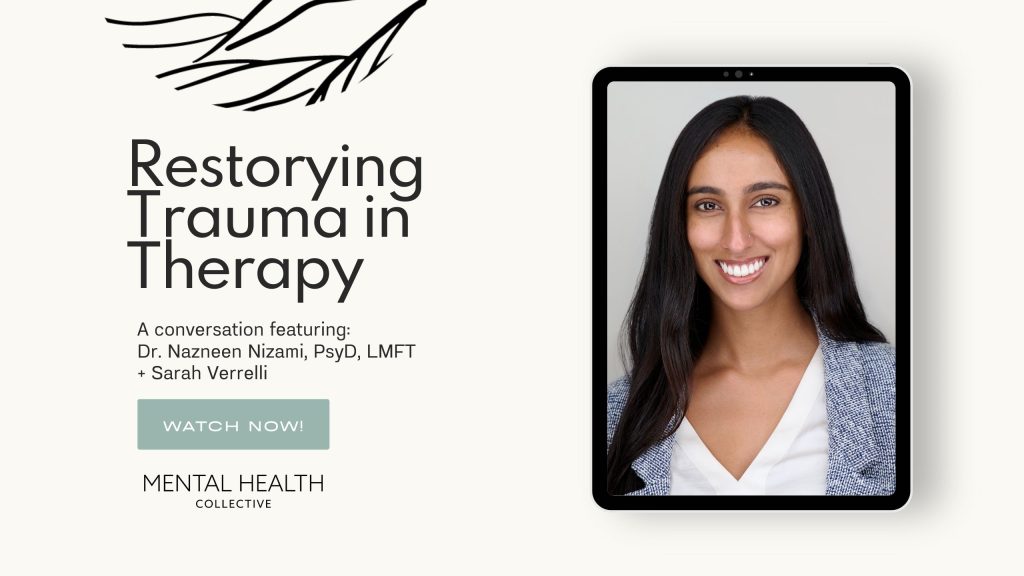THE IMPACT OF GRIEF
Written by: Dr. Dawn Joosten-Hagye, PhD, LCSW, GC-C
Loss, a universal experience, involves adjustment and adaptation to changes and transitions that arise throughout each person’s life course. Such adaptations and adjustments occur most often when individuals experience either normative developmental losses or non-normative losses that may be unexpected, anticipated, ambiguous, complicated, and/or traumatic. Loss is commonly associated with various types of grief such as normal uncomplicated grief, anticipatory grief, complicated grief, traumatic grief (Joosten-Hagye, 2019, p. 286), collective, or generational.
INDIVIDUAL PRESENTATION
It is important to note that each individual’s presentation of grief symptoms is as unique as his/her/their fingerprint. Normal, uncomplicated grief involves a range of emotional, physical, cognitive, behavioral and cultural/spiritual responses.
EMOTIONAL GRIEF reactions include feelings such as “sadness, anger, guilt and reproach, anxiety, loneliness, fatigue, helplessness, shock, yearning, emancipation, relief, numbness” (Worden, 2018, pp. 18–23).
NORMAL PHYSICAL GRIEF reactions include physical sensations such as “hollowness in the stomach, tightness in the chest, tightness in the throat, oversensitivity to noise, a sense of depersonalization, breathlessness, weakness in the muscles, lack of energy, dry mouth” (Worden, 2018, pp. 23–24).
NORMAL COGNITIVE GRIEF reactions include cognitions such as “disbelief, confusion, preoccupation, sense of presence, hallucinations” (Worden, 2018, pp. 24–26).
NORMAL BEHAVIORAL GRIEF reactions include behaviors such as “sleep disturbances, appetite disturbances, absentminded behavior, social withdrawal, dreams of the deceased, avoiding reminders of the deceased, search and calling out, sighing, restless hyperactivity, crying, visiting places or carrying objects that remind the survivor of the deceased, treasuring objects that belonged to the deceased” (Worden, 2018, pp. 26–31).
Grief can profoundly impact the well-being of individuals when normal acute grief responses following a loss, transition or change do not subside. Unprocessed grief may become internalized and held in the mind/body. This may result in new or exacerbated symptoms related to anxiety, depression, and/or trauma.
GRIEF TREATMENT AT THE MENTAL HEALTH COLLECTIVE
At The Collective, we treat grief with a trauma-informed approach to facilitate grief discovery and recovery. Clients develop new language and skills to help them gain insight into their journey with grief. They recognize how their unique set of grief responses impacts their well-being related to myriad experiences with loss, change, and adjustments encountered in their past, present, or anticipated in the future. By validating and processing grief narratives, clients are empowered to engage in further exploration of their relationship with grief and thus recognize their grief narrative can change as they move through the life course. Clients receive guidance through mourning and restoration phases and become aware of universal tasks and processes related to grief.
References:
DO YOU HAVE A QUESTION?
Send our team a message or call 888.717.9355
